Yokohama Unveils 'E+' Mark Tyre for Electric Vehicles
Starting in the second half of 2023, Yokohama Rubber will begin including a new, distinctive "E+" symbol on its EV tyres. Customers will be able to pick tyres more easily for their electric cars with the aid of the "E+" symbol.

Yokohama Rubber (Yokohama) has announced its plans to introduce a new proprietary 'E+' mark, specifically designed to distinguish its tyres for electric vehicles (EVs) in the market. This move comes as a response to the growing demand for tyres that cater to the unique requirements of EVs. The company claims that tyres used on electric cars must meet specific criteria due to the distinctive characteristics of these vehicles. For instance, these tyres must be capable of handling the increased weight of rechargeable batteries and effectively managing the immense torque generated by electric motors. Additionally, they need to significantly reduce road noise, as electric cars lack an engine and tend to operate silently. Furthermore, the tyres should contribute to maximizing the vehicle's range and optimizing power utilization.
Also Read: Citroen C5 Aircross Gets Massive Discounts of up to Rs 2 Lakh in July
Yokohama ‘E+’ Tyres in Use
Yokohama claims that its 'E+' tyres are currently OEM on a wide range of EV models, from luxury cars like the BMW iX3, Mercedes-AMG EQS 53 4MATIC+, and Lexus RZ to crossover SUVs like Toyota Motor's bZ4X and Subaru's Solterra, and even mini-vehicles like Nissan's Sakura and Mitsubishi Motors' eK X EV.
The tyre manufacturer is also accelerating its efforts in the replacement market for electric cars. The E+ mark will be prominently displayed in the manufacturer’s tyre catalogues and on websites so that customers can easily identify and select a tyre suitable for electrified vehicles.
Also Read: Tata Harrier and Safari Get Discounts of up to Rs 35,000 in July
Yokohama to Invest Rs 671 Crore in India
Not long ago, Yokohama Rubber Company announced expansion plans for its passenger vehicle tyre production in India. The company plans to double its yearly tyre manufacturing capacity in the Indian market via Yokohama India by investing Rs 671 crore.
Yokohama manufactures off-road tyres at three different locations in India: Tirunelveli (Tamil Nadu), Visakhapatnam (Andhra Pradesh), and Dahej (Gujarat).
The annual manufacturing capacity of the Japanese tyre maker has increased significantly in recent years – from 700,000 tyres in 2014 to 1.53 million in 2019 and 1.96 million in 2021. Additionally, the company's Bahadurgarh, Haryana factory has the capability of producing 2.8 million tyres per year at present.


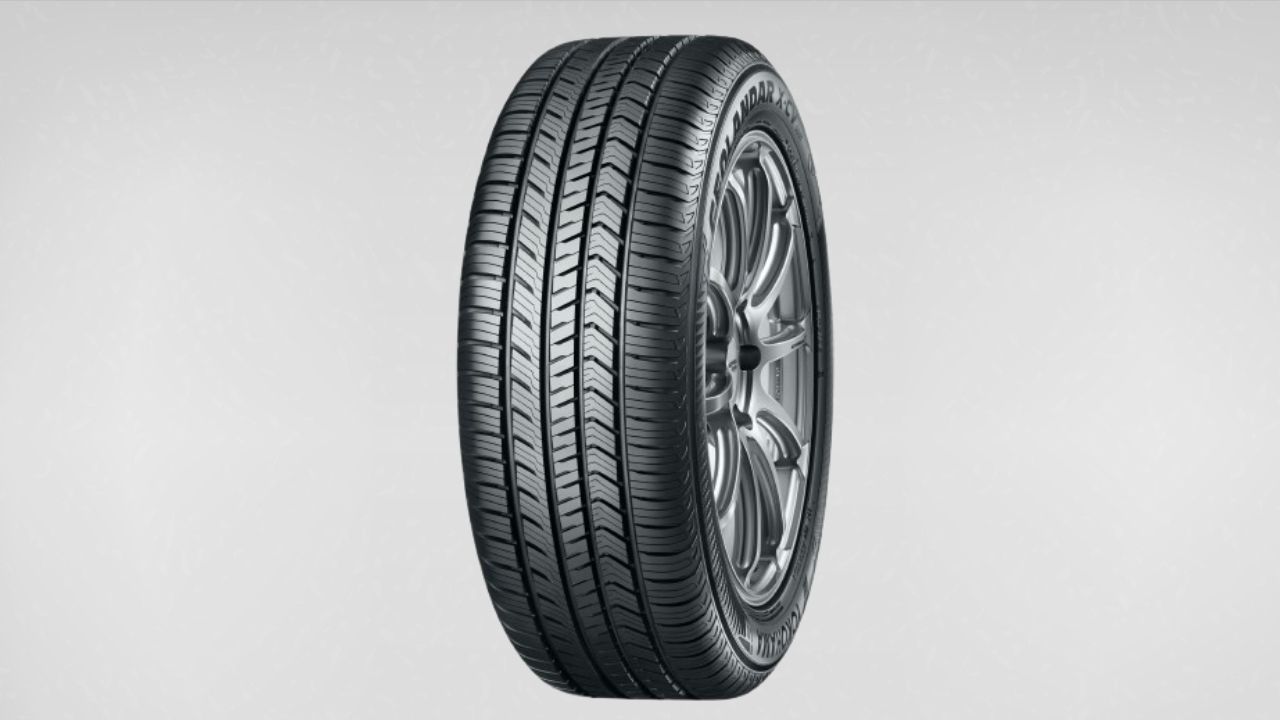
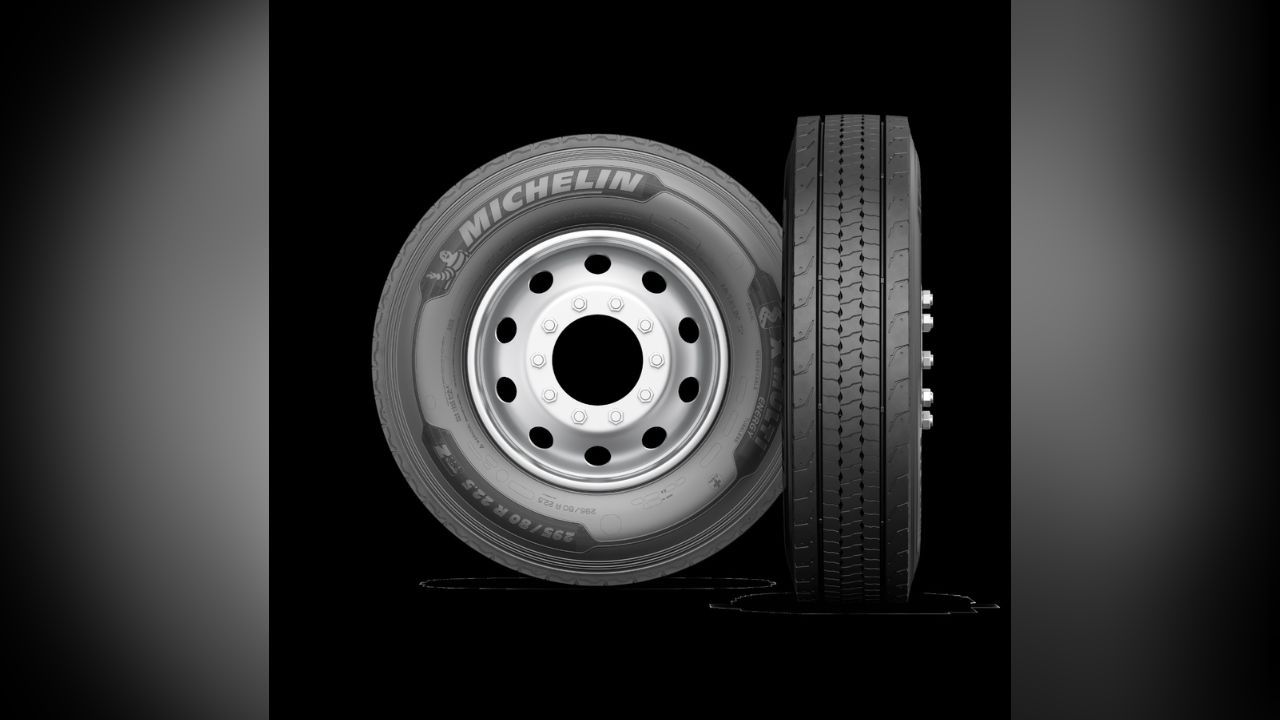
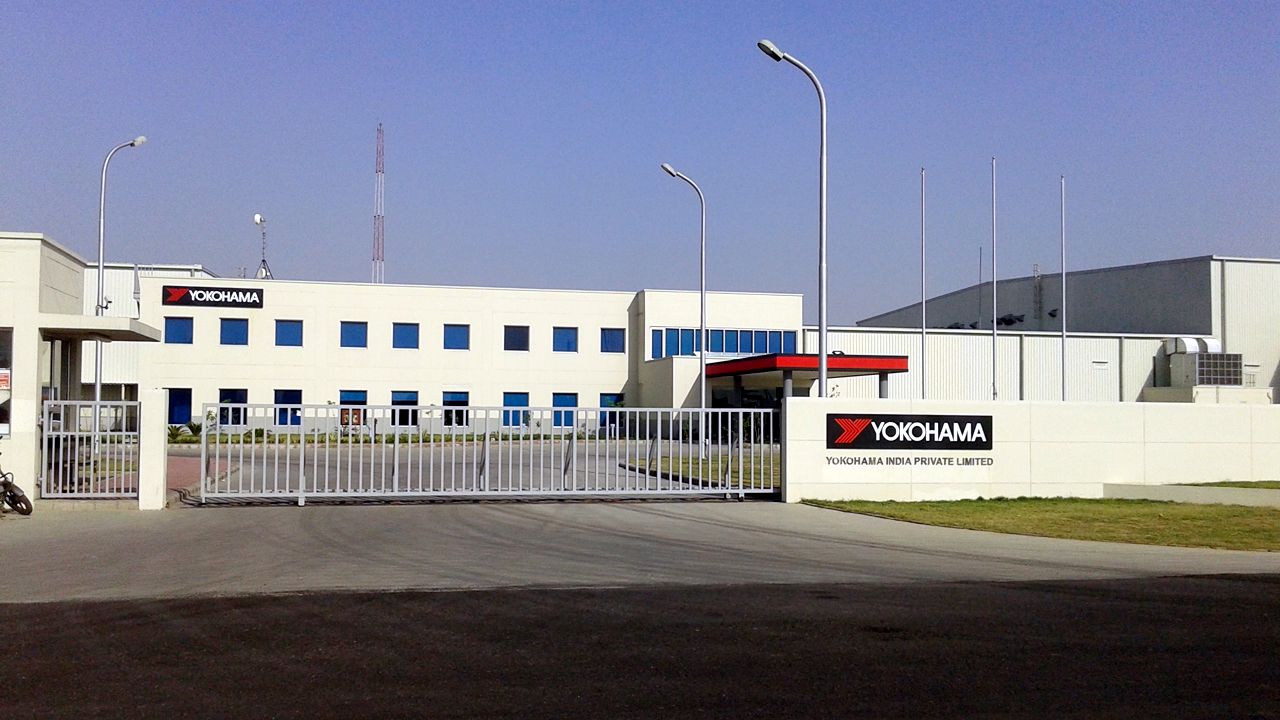
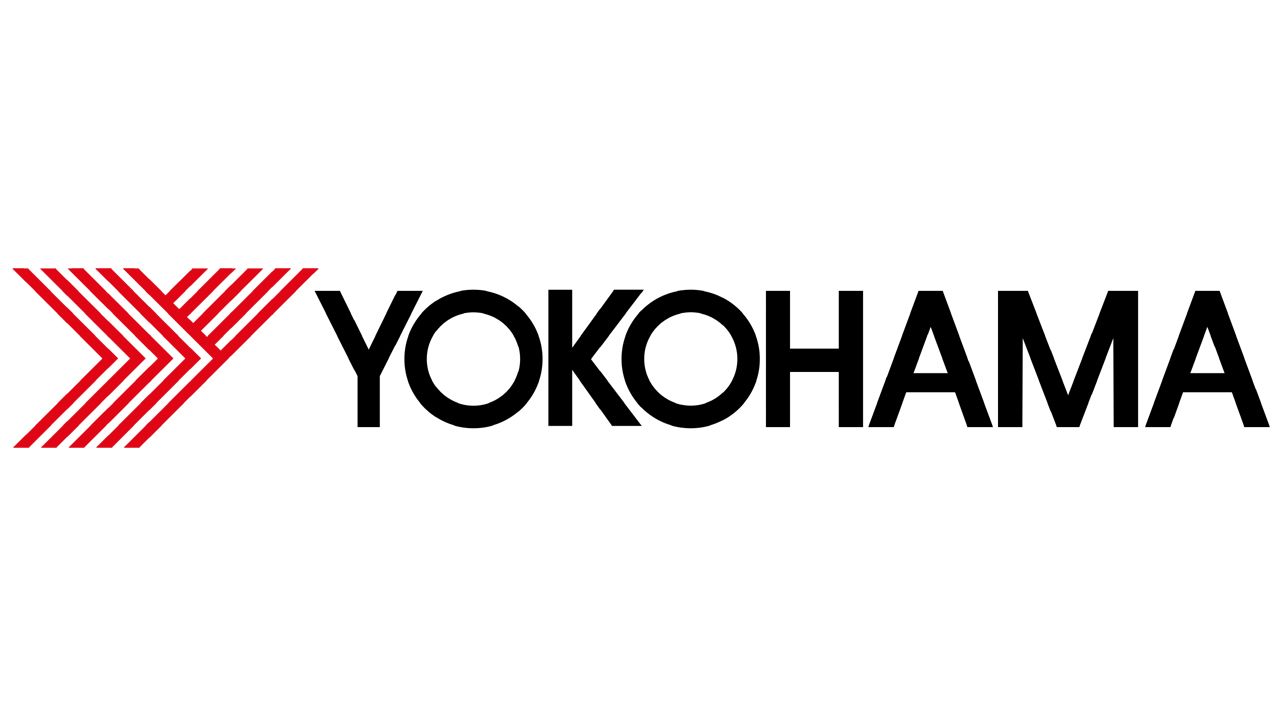
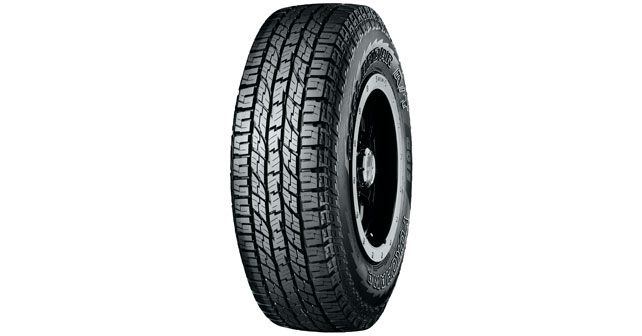
Write your Comment on